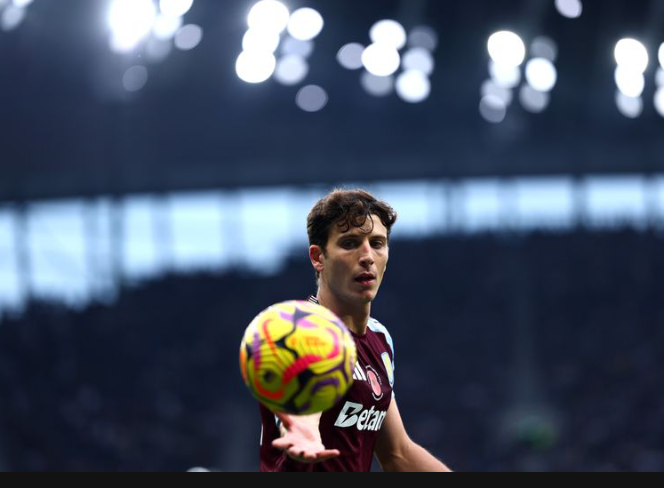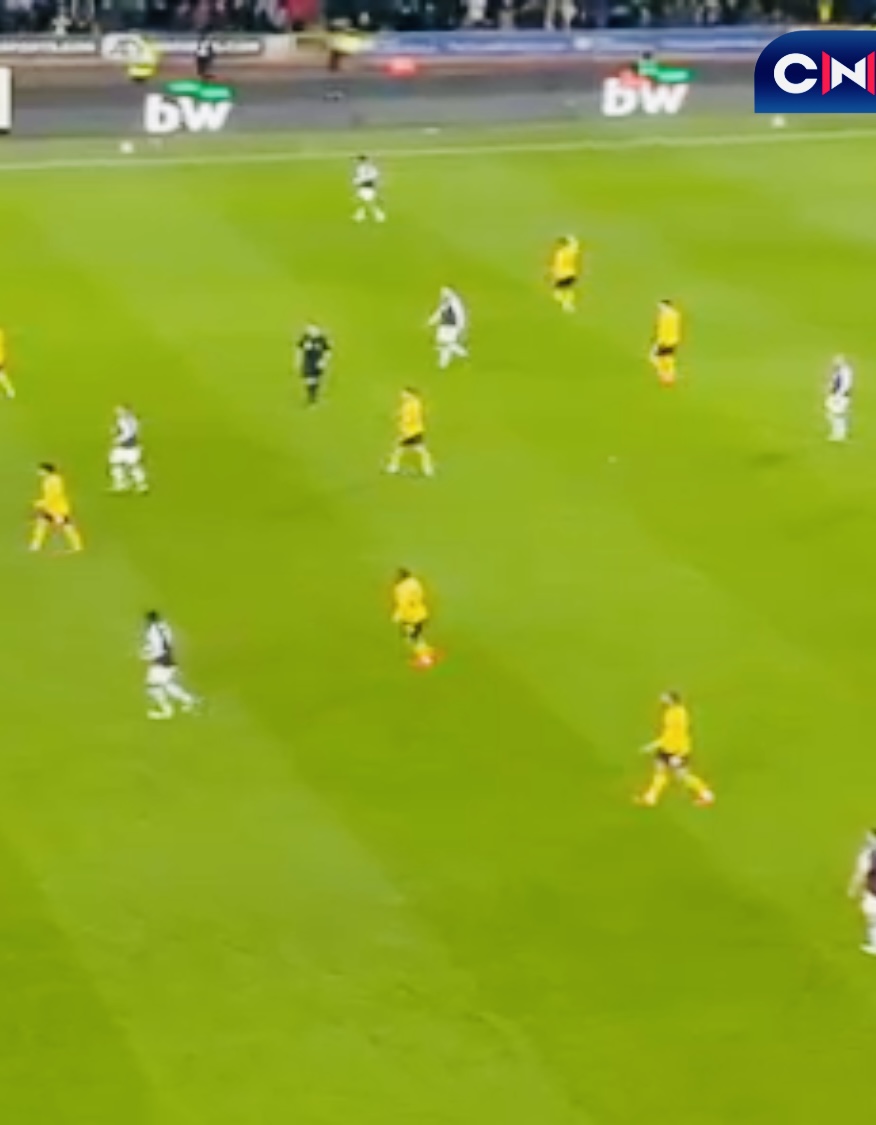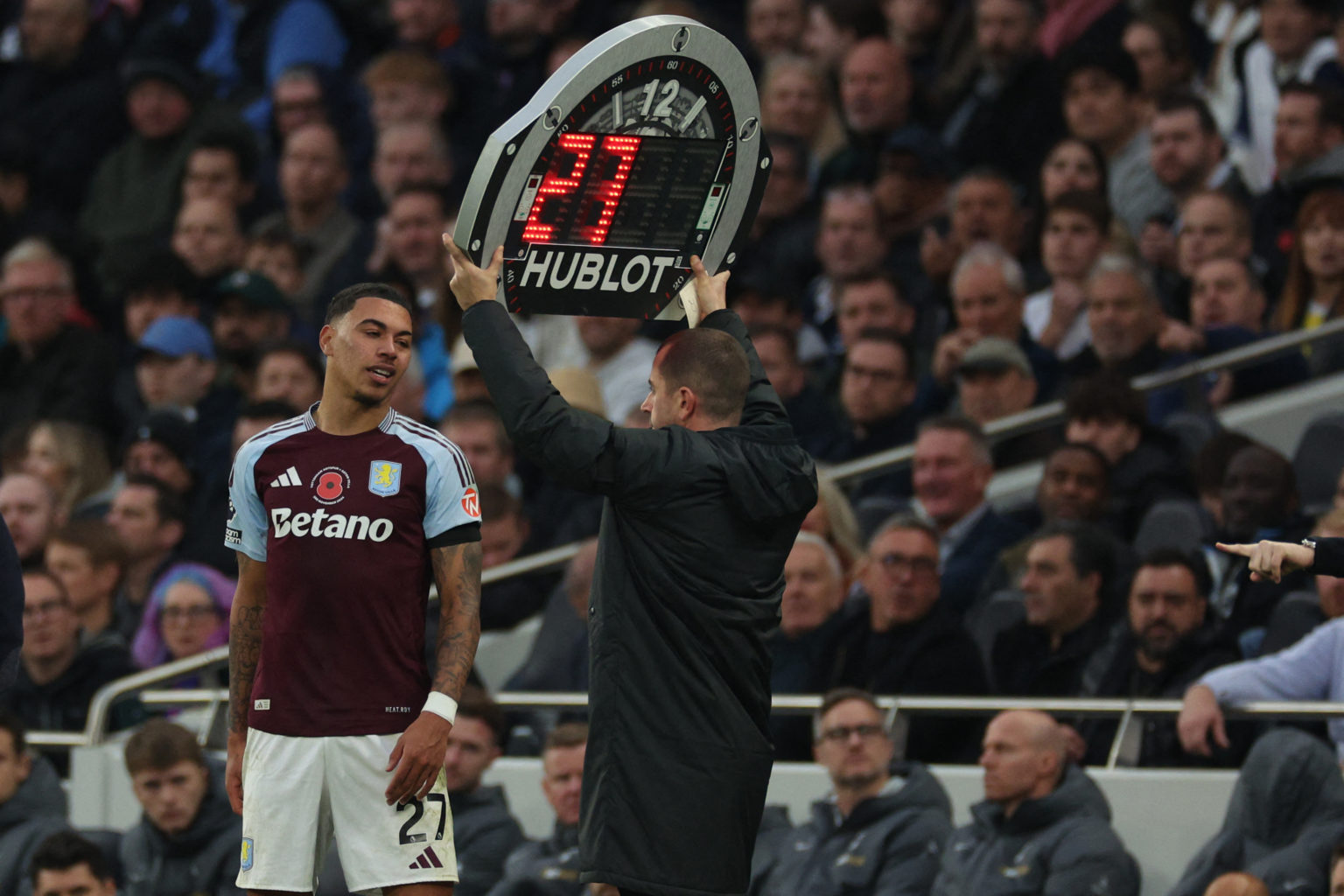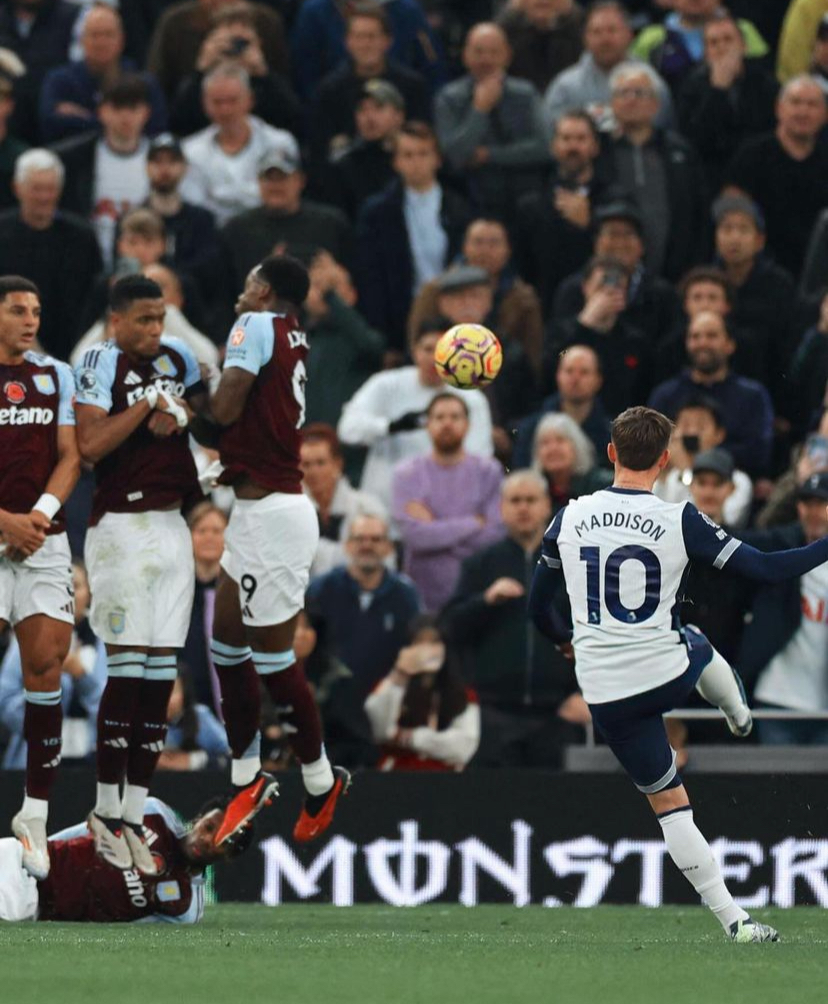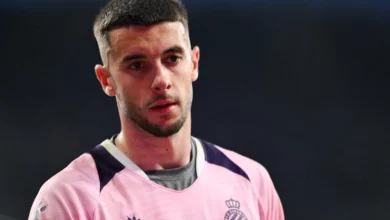Aston Villa defender Pau Torres has been allowed to return to England by Spain while on international duty because of discomfort
Aston Villa defender Pau Torres has returned to the club this international break after feeling some ‘muscle discomfort’ while preparing to represent his native Spain. Centre half Torres has been a regular pick for Unai Emery ever since he joined from Villarreal in the summer of 2023 and, certainly when fit, has routinely lined up alongside the likes of Ezri Konsa and Diego Carlos in the heart of the Villa back-line.
Torres’ performances for Villa have continued to earn him international recognition and he was selected to face Denmark and Switzerland in this, the final round of Nations League matches in 2024 and the final international break of the year. However, the centre half has complained of muscle discomfort while away and has been allowed to return to England.
A statement from Spain’s football federation read: “The international defender has been sidelined from the training camp and will not travel with the team for the UEFA Nations League matches against Denmark and Switzerland.
“The Aston Villa player arrived with muscle discomfort from his match against Liverpool and after the tests carried out by the RFEF Medical Services it is estimated that he will not be fit in time for the last two international matches of the year and in this way he will avoid running any kind of risk.”
Torres will now be assessed back at Bodymoor Heath before Villa entertain Crystal Palace and Juventus, and then head to Chelsea, once the jam-packed domestic schedule resumes. The Spaniard has played 15 matches this season, including all of the club’s Premier League and Champions League fixtures to date.
